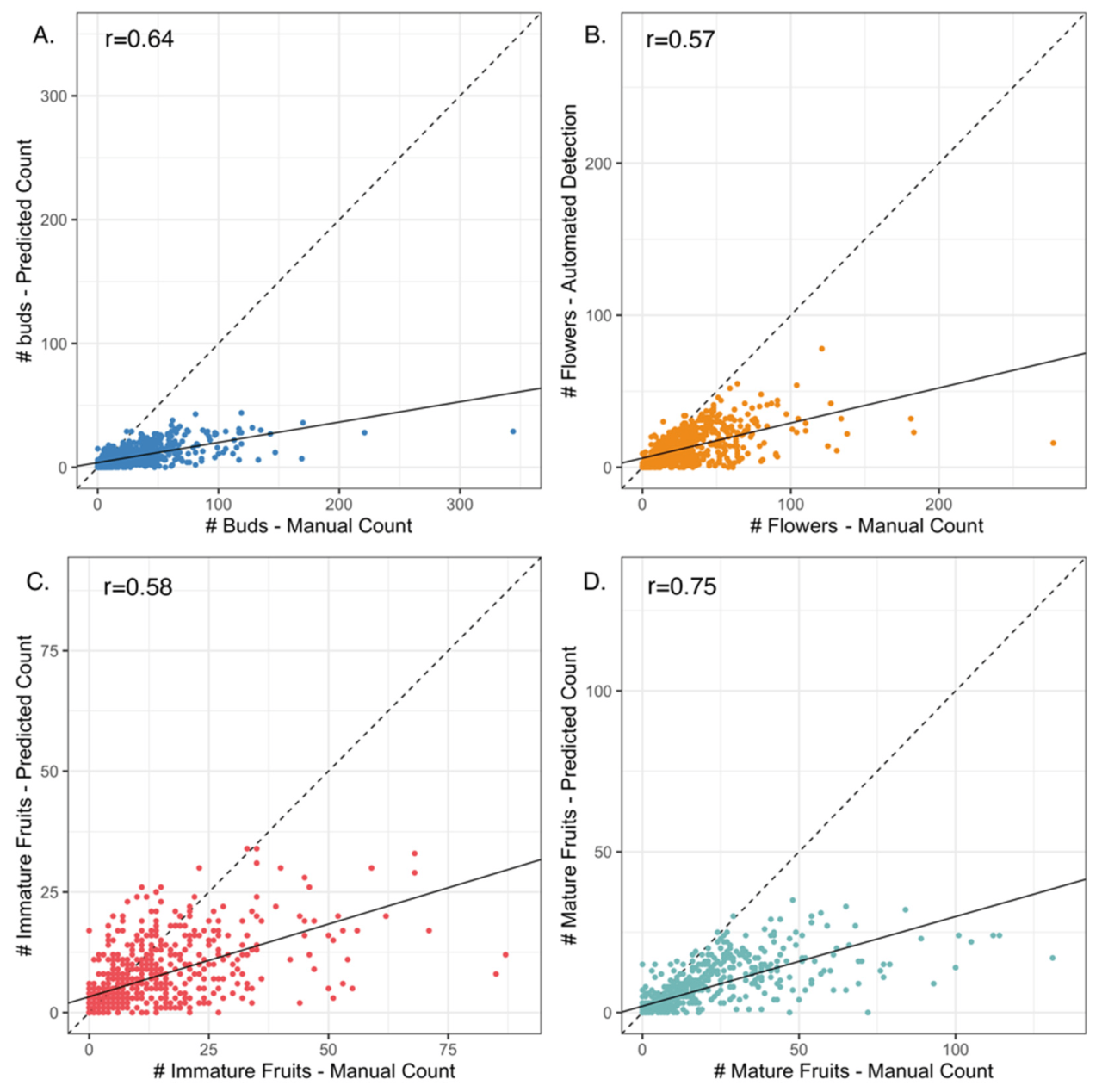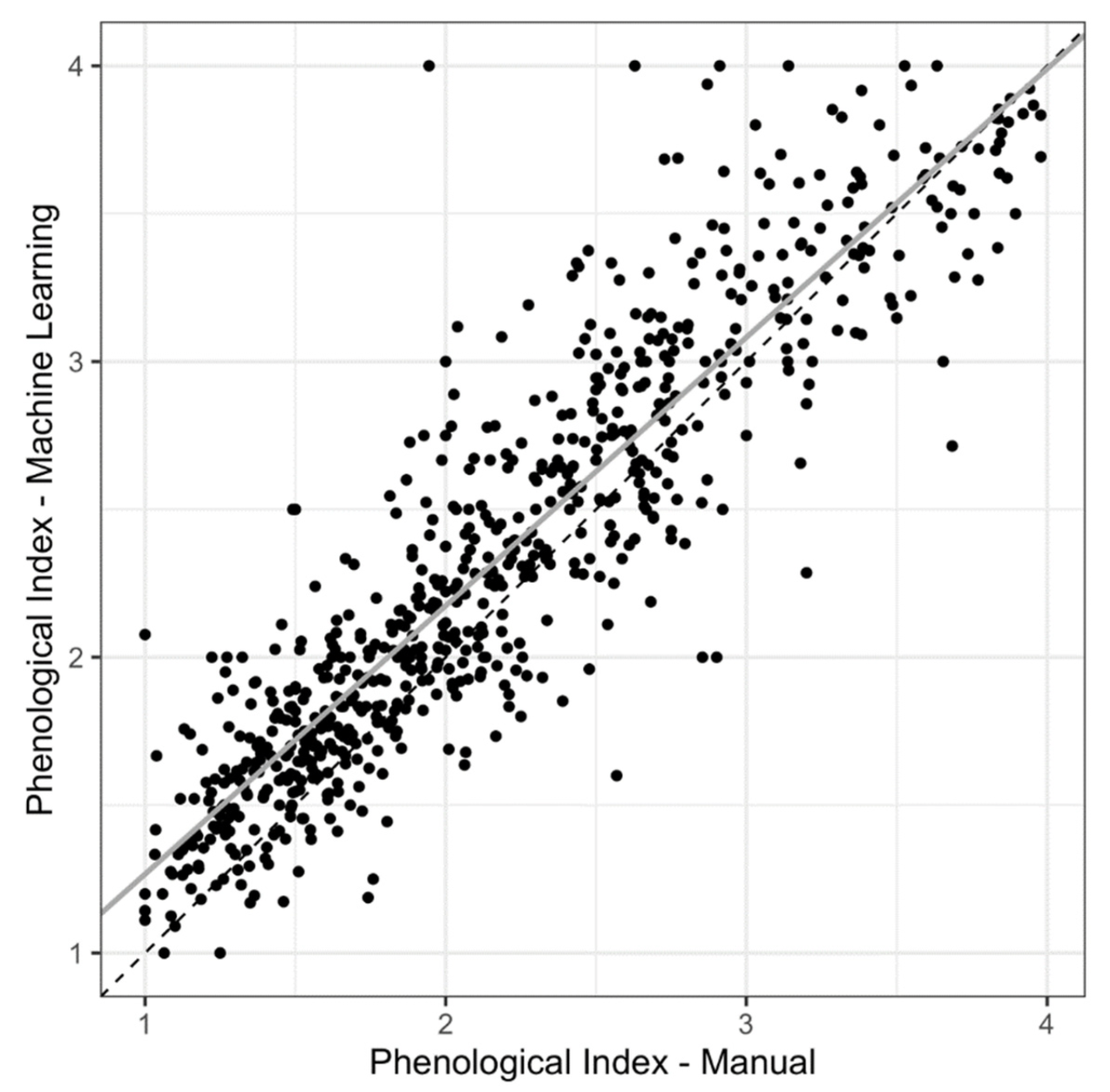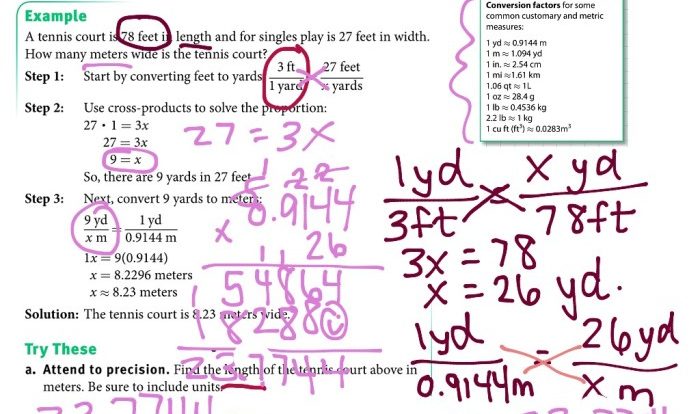The study of learning derives from a quest for understanding the intricate mechanisms that govern our ability to acquire and retain knowledge. This captivating journey traces its origins back to the dawn of civilization, with scholars and philosophers seeking to unravel the mysteries of the human mind.
From the groundbreaking theories of ancient Greek philosophers to the cutting-edge research of modern cognitive scientists, the study of learning has evolved into a multidisciplinary field that continues to shape our understanding of ourselves and the world around us.
History of the Study of Learning

The study of learning has a long and rich history, dating back to the ancient Greeks. Philosophers such as Plato and Aristotle were among the first to explore the nature of learning and memory. In the Middle Ages, scholars such as Thomas Aquinas and Albertus Magnus continued to develop theories of learning, often based on the works of the ancient Greeks.
The Renaissance saw a renewed interest in the study of learning, as scholars began to question the traditional Aristotelian view of learning. One of the most influential figures of this period was René Descartes, who proposed that learning was the result of the mind’s interaction with the environment.
This view of learning was later developed by John Locke and other empiricists, who argued that all knowledge is derived from experience.
Timeline of Significant Events in the Field of Learning
- c. 400 BC: Plato proposes his theory of Forms, which suggests that learning is the process of remembering knowledge that is already present in the mind.
- c. 350 BC: Aristotle publishes his work on memory and learning, which emphasizes the importance of association and repetition in the learning process.
- c. 1300 AD: Thomas Aquinas publishes his work on the nature of learning, which draws heavily on the works of Aristotle.
- c. 1600 AD: René Descartes publishes his work on the mind-body problem, which proposes that learning is the result of the mind’s interaction with the environment.
- c. 1700 AD: John Locke publishes his work on the nature of knowledge, which argues that all knowledge is derived from experience.
- c. 1800 AD: Edward Thorndike publishes his work on the law of effect, which states that learning is strengthened when a response is followed by a positive consequence.
- c. 1900 AD: Ivan Pavlov publishes his work on classical conditioning, which demonstrates that learning can occur through the association of stimuli.
- c. 1930 AD: B.F. Skinner publishes his work on operant conditioning, which demonstrates that learning can occur through the reinforcement of desired behaviors.
- c. 1950 AD: The cognitive revolution in psychology begins, which emphasizes the importance of mental processes in learning.
- c. 1960 AD: David Ausubel publishes his work on meaningful learning, which emphasizes the importance of relating new information to existing knowledge.
- c. 1970 AD: Lev Vygotsky publishes his work on social constructivism, which emphasizes the importance of social interaction in learning.
- c. 1980 AD: The information processing revolution in psychology begins, which emphasizes the importance of information processing in learning.
- c. 1990 AD: The constructivist revolution in psychology begins, which emphasizes the importance of the learner’s active role in constructing knowledge.
- c. 2000 AD: The connectivist revolution in psychology begins, which emphasizes the importance of connections and networks in learning.
Evolution of Research Methods and Approaches Over Time
The methods and approaches used to study learning have evolved over time. In the early days, philosophers and scholars relied on introspection and observation to understand the learning process. In the 19th century, scientists began to use more experimental methods to study learning, such as the use of animal models and controlled experiments.
In the 20th century, psychologists began to use a variety of research methods to study learning, including surveys, questionnaires, and interviews.
Today, researchers use a variety of methods to study learning, including:
- Experimental methods: These methods involve manipulating one or more independent variables to observe the effects on a dependent variable. For example, a researcher might manipulate the amount of study time to see how it affects test scores.
- Observational methods: These methods involve observing learning in natural settings. For example, a researcher might observe how children learn to read in a classroom.
- Correlational methods: These methods involve looking for relationships between variables. For example, a researcher might look for a relationship between the amount of time spent studying and test scores.
- Qualitative methods: These methods involve collecting and analyzing non-numerical data. For example, a researcher might interview students to learn about their experiences with learning.
Major Theoretical Perspectives

The study of learning has been shaped by various theoretical perspectives, each providing a distinct lens through which learning processes are understood and explained. These perspectives have significantly influenced educational practices and continue to guide research and instructional approaches.
Behaviorism
Behaviorism, rooted in the work of B.F. Skinner, focuses on observable behaviors and the environmental factors that influence them. Key principles include:
- Learning occurs through conditioning, where behaviors are reinforced or punished to increase or decrease their frequency.
- Behavior is shaped by environmental stimuli and rewards.
- Learning is a gradual process of shaping desired behaviors.
Educational practices influenced by behaviorism emphasize clear learning objectives, immediate feedback, and reinforcement for desired behaviors.
Cognitivism
Cognitivists, such as Jean Piaget and Lev Vygotsky, emphasize the role of mental processes in learning. Key principles include:
- Learning involves actively constructing knowledge through experiences.
- Cognitive structures, such as schemas and scripts, organize and interpret information.
- Social interactions and collaboration facilitate learning.
Cognitive theories have influenced educational practices that promote problem-solving, critical thinking, and collaborative learning.
Constructivism
Constructivism, based on the work of John Dewey and Lev Vygotsky, emphasizes the active role of learners in constructing their own understanding. Key principles include:
- Learners actively construct knowledge through experiences and interactions.
- Knowledge is not passively received but actively constructed by individuals.
- Social and cultural factors shape learning.
Constructivist theories have influenced educational practices that focus on student-centered learning, hands-on activities, and real-world problem-solving.
Types of Learning

Learning is a complex and multifaceted process that can be categorized into different types based on the nature of the learning experience, the cognitive processes involved, and the environmental factors that influence it. Understanding these types of learning is essential for educators, psychologists, and anyone interested in optimizing learning outcomes.
The effectiveness of different types of learning depends on various factors, including the learner’s age, cognitive abilities, prior knowledge, and motivation. Additionally, the learning environment, instructional methods, and social context play a significant role in shaping the learning experience and its outcomes.
Associative Learning
Associative learning is a type of learning that involves the formation of associations between stimuli and responses. It is based on the principle of contiguity, which states that events that occur close together in time and space are more likely to be associated with each other.
There are two main types of associative learning: classical conditioning and operant conditioning.
- Classical conditioninginvolves learning to associate a neutral stimulus with a meaningful stimulus. For example, a dog may learn to associate the sound of a bell with the presentation of food.
- Operant conditioninginvolves learning to associate a behavior with a consequence. For example, a child may learn to associate cleaning their room with getting a reward.
Cognitive Learning, The study of learning derives from
Cognitive learning is a type of learning that involves the use of higher-order cognitive processes, such as problem-solving, decision-making, and memory. It is based on the principle of constructivism, which states that learners actively construct their own understanding of the world through their experiences.
There are many different theories of cognitive learning, but some of the most common include:
- Piaget’s theory of cognitive development, which proposes that children progress through a series of stages of cognitive development as they grow.
- Vygotsky’s sociocultural theory of learning, which emphasizes the role of social interaction in cognitive development.
- Bruner’s theory of cognitive development, which focuses on the role of scaffolding in learning.
Social Learning
Social learning is a type of learning that involves learning from others through observation, imitation, and modeling. It is based on the principle of social learning theory, which states that learners can learn by observing the behavior of others and the consequences of those behaviors.
There are many different types of social learning, but some of the most common include:
- Observational learning, which involves learning by watching others perform a behavior.
- Imitation learning, which involves copying the behavior of others.
- Modeling learning, which involves learning by observing the behavior of others and the consequences of those behaviors.
Applications of the Study of Learning

The study of learning has yielded valuable insights that have been widely applied in various fields, including education, psychology, and business. Research findings have informed educational practices, therapeutic interventions, and organizational training programs, leading to significant improvements in learning outcomes and overall effectiveness.
Education
- Curriculum Development:Research on learning theories and cognitive processes has guided the design of curricula that align with students’ cognitive development and learning styles, making learning more effective and engaging.
- Teaching Methods:Studies on different learning styles and instructional strategies have informed the development of diverse teaching methods that cater to individual learning preferences, promoting personalized learning experiences.
- Assessment Techniques:The study of learning has contributed to the development of various assessment techniques that accurately measure learning outcomes, providing valuable feedback for both students and educators.
Psychology
- Cognitive Behavioral Therapy (CBT):CBT is a therapeutic approach that utilizes learning principles to modify maladaptive thoughts and behaviors, helping individuals overcome mental health challenges such as anxiety and depression.
- Behavior Modification:Research on operant conditioning has led to the development of behavior modification techniques used to shape desired behaviors in children and adults, promoting positive changes in behavior.
- Cognitive Rehabilitation:Studies on learning and memory have informed the development of cognitive rehabilitation programs for individuals with brain injuries or cognitive impairments, helping them regain cognitive function.
Business
- Employee Training:The study of learning has played a crucial role in designing effective employee training programs that maximize learning retention and transfer of skills to the workplace.
- Organizational Development:Research on learning organizations has emphasized the importance of creating a culture of continuous learning and development, enabling organizations to adapt to changing environments and maintain a competitive edge.
- Customer Relationship Management (CRM):Understanding learning principles has helped businesses develop personalized marketing strategies that cater to customers’ learning preferences and build stronger customer relationships.
Potential Future Applications
The future holds promising prospects for the continued application of the study of learning. Advancements in technology, such as artificial intelligence and virtual reality, are expected to revolutionize learning experiences and provide personalized learning opportunities.
Current Trends and Future Directions: The Study Of Learning Derives From
The study of learning continues to evolve, with new trends and future directions emerging. These trends include the use of technology, neuroscience, and data analytics to understand and enhance learning processes.
Technology has become an integral part of the learning process. From online courses to virtual reality simulations, technology provides new ways to deliver instruction and engage learners. Neuroscience is also playing a significant role in the study of learning. By studying the brain, researchers can gain insights into how we learn and how to improve learning outcomes.
Data analytics is another emerging trend in the study of learning. By collecting and analyzing data on learner behavior, researchers can identify patterns and trends that can be used to improve instruction and support learners.
Challenges and Opportunities
The field of learning faces several challenges and opportunities in the future. One challenge is the need to keep pace with the rapid changes in technology. As new technologies emerge, researchers need to find ways to use them effectively to enhance learning.
Another challenge is the need to address the individual needs of learners. Every learner is different, and researchers need to find ways to tailor instruction to meet the needs of each individual.
Despite these challenges, the field of learning also has many opportunities. One opportunity is the potential to use technology to personalize learning. By using data analytics, researchers can identify the individual needs of learners and provide them with tailored instruction.
Another opportunity is the potential to use neuroscience to improve learning outcomes. By understanding how the brain learns, researchers can develop new strategies for teaching and learning.
Future Directions
The future of the study of learning is bright. With the continued development of technology, neuroscience, and data analytics, researchers will have new tools and insights to understand and enhance learning processes.
One potential future direction for research is the use of artificial intelligence (AI) to personalize learning. AI can be used to create adaptive learning systems that can adjust to the individual needs of each learner.
Another potential future direction is the use of virtual reality (VR) to create immersive learning experiences. VR can be used to simulate real-world scenarios and provide learners with hands-on experience.
The study of learning is a rapidly evolving field with the potential to revolutionize the way we learn. By embracing new trends and technologies, researchers can develop new strategies for teaching and learning that will improve outcomes for all learners.
FAQ Insights
What are the key theoretical perspectives on learning?
Behaviorism, cognitivism, and constructivism are the major theoretical perspectives on learning, each offering unique insights into the learning process.
How does the study of learning apply to education?
The study of learning has significantly influenced educational practices by providing a scientific foundation for effective teaching methods and curriculum design.
What are the emerging trends in the study of learning?
Technology, neuroscience, and data analytics are among the emerging trends shaping the future of the study of learning.


